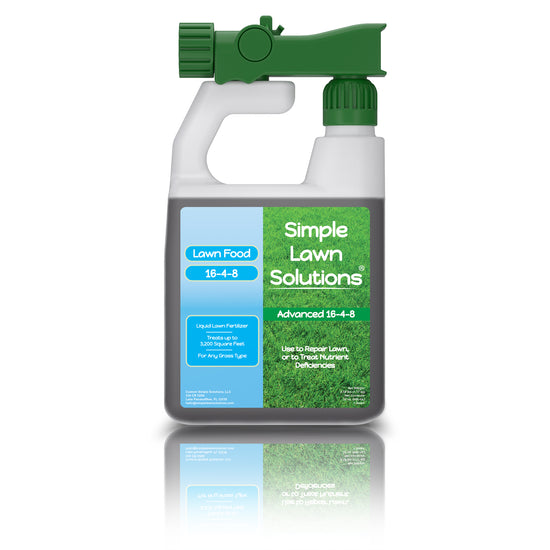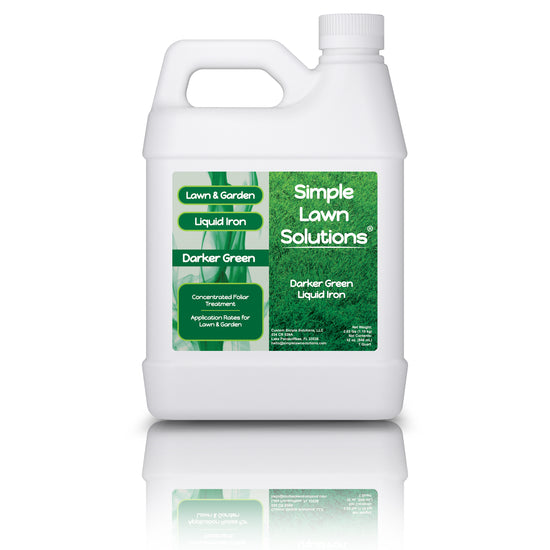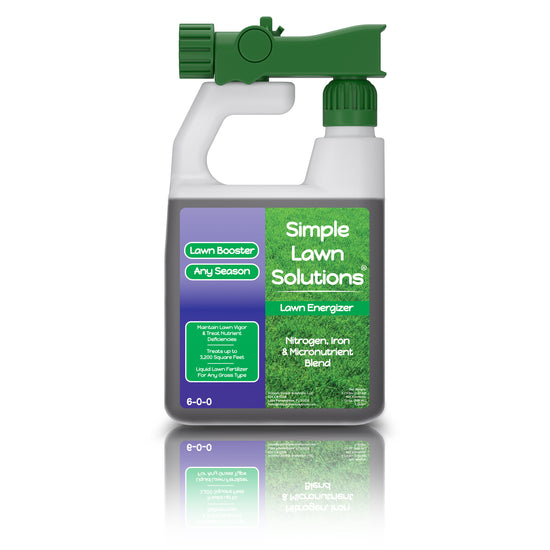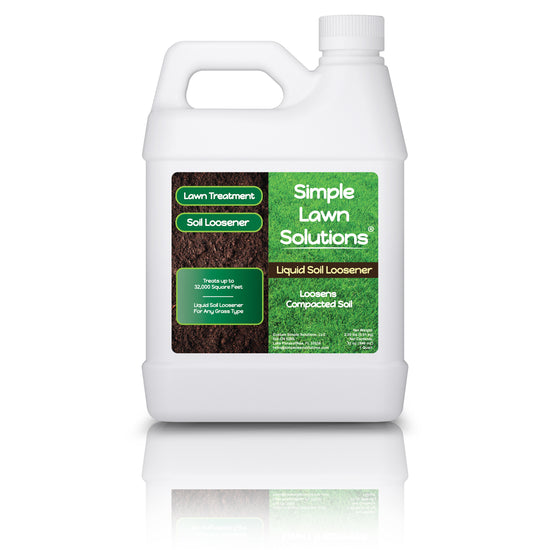Tomatoes are prized by many homeowners for their versatility and taste. However, to get the most out of your tomato plants, you need to make sure they are getting the right nutrients. The best fertilizer for tomatoes is one that is balanced and provides all the necessary nutrients for a healthy plant. Let’s take a look at what makes a good fertilizer for tomatoes and how to use it.
Types of Fertilizers for Tomatoes
When it comes to fertilizers, there are two main types: organic and synthetic. Organic fertilizers are derived from plant or animal sources such as eggshells, compost, manure, fish emulsion, or seaweed extract. These types of fertilizers help build up soil structure over time and provide essential minerals and trace elements needed by plants. Synthetic fertilizers contain higher levels of nitrogen, phosphorus, and potassium (known as NPK), and work quickly to deliver nutrients directly to the soil.
Choosing the Right Fertilizer
The best fertilizer for tomatoes will depend on your specific needs and goals. If you want a quick boost of nutrition with immediate results, then synthetic fertilizers may be the way to go. However, if you want to ensure long-term health of your tomato plants while also improving the overall quality of your soil over time, slow-release fertilizers are the better choice.
Using Your Fertilizer Properly
It is also important that you apply your fertilizer properly in order to avoid damaging your tomato plants or wasting valuable nutrients in the process. Be sure to read any instructions on product packaging carefully before applying any fertilizer and pay attention to any warnings about applying too much or too little at once. Additionally, always wear protective equipment when handling any kind of fertilizer—organic or otherwise—and never apply it near water sources or other areas where runoff can occur.
Using fertilizer is an essential part of growing healthy tomato plants because it helps provide them with all the necessary nutrients they need in order to thrive throughout their growing season. The best type of fertilizer should be chosen based on individual needs and goals but should always be used properly in order to maximize its effectiveness without causing damage or wasting valuable resources in the process. With proper knowledge about what kind of fertilizer is best suited for your particular situation combined with prudent application methods, you can ensure a bountiful harvest this season!









